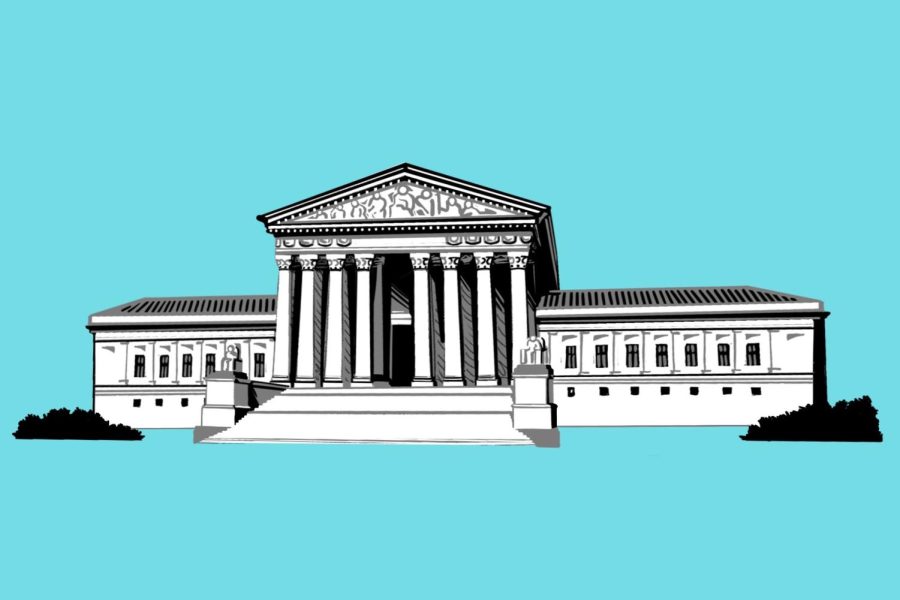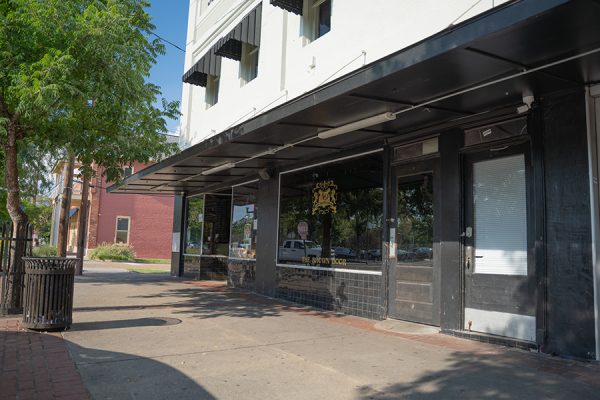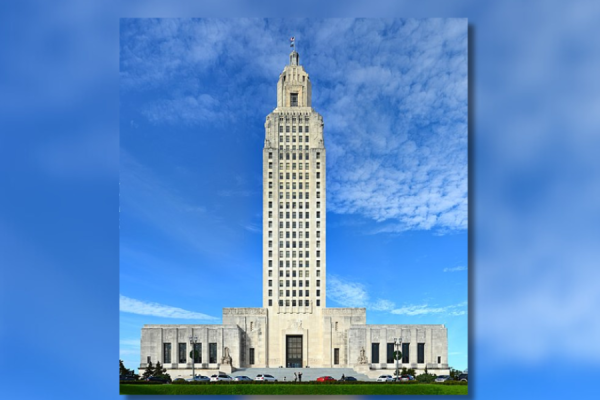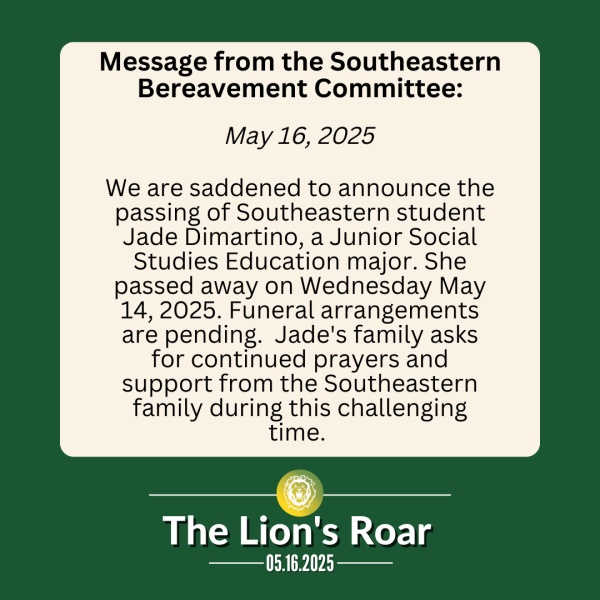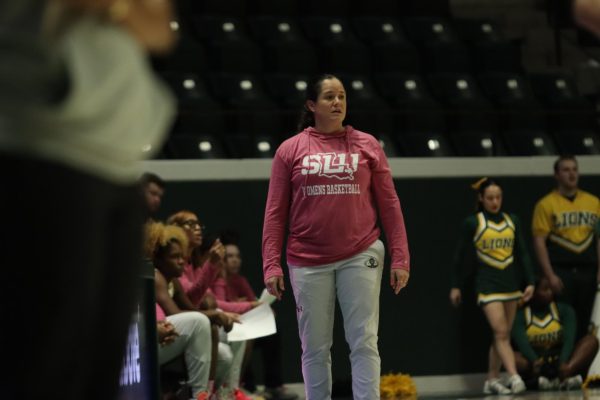A post-Roe world and what it means for Louisianans
Editor’s Note: This article has been updated with new information on 6/28/22.
On the morning of June 24, 2022, Americans woke up to the news that the Supreme Court had overturned landmark court case Roe v. Wade, declaring the nearly half-century-old constitutional right to abortion no longer exists.
Decades of political conflict have surrounded the question of whether or not the right to have an abortion is protected by the Constitution. The Supreme Court decided no in a 6-3 vote in the case of Dobbs vs. Jackson, a court case about Mississippi’s 15-week abortion ban. After that, the vote to overturn Roe v. Wade was held, with the justices voting 5-4 to do so; Chief Justice John Roberts was the only one to change his vote for Roe v. Wade. Now, with 22 states currently outlawing or planning to restrict abortion, the country seems more divided than ever.
With a trigger law in place, RS 40:1061, abortions in Louisiana were immediately made illegal following the vote. The statute says the state would immediately outlaw abortion under one of the following circumstances:
“(1) Any decision of the United States Supreme Court which reverses, in whole or in part, Roe v. Wade, 410 U.S. 113, 93 S.Ct. 705, 35 L.Ed. 2d 147 (1973), thereby, restoring to the state of Louisiana the authority to prohibit abortion.
(2) Adoption of an amendment to the United States Constitution which, in whole or in part, restores to the state of Louisiana the authority to prohibit abortion.”
The three clinics in Louisiana that previously conducted abortions, located in New Orleans, Baton Rouge and Shreveport, are no longer legally able to do so. According to a tweet by State Rep. Mandie Landry, all three locations closed last Friday. NOLA.com reported the lone abortion clinic in New Orleans closed its doors and employees were sent home less than two hours after the Supreme Court decision. If any of the clinics do reopen, they will be prohibited from offering women abortions except in cases of medical futility and ectopic pregnancies.
On the same day Roe v. Wade was reversed, Gov. John Bel Edwards signed these exclusions into law. All other reasons for abortion are illegal, including in cases of rape and incest. The new regulation further specifies that abortion is prohibited from the moment of implantation, not fertilization.
Depite his pro-life stance, Edwards is under public pressure to address the exclusion of exceptions for rape and incest. This is a change he says he plans to push for.
He made an official statement on the day Roe v. Wade was reversed, which was posted on the Governor’s website. It stated, “As I have said many times before, I believe women who are survivors of rape or incest should be able determine whether to continue with a pregnancy that is the result of a criminal act. Being pro-life means more than just being against abortion. It means providing the necessary resources and implementing policies that provide real options and not just lip service to the children, women, and families we are blessed to serve.”
Edwards also said that despite abortion being outlawed, he intends to provide the resources necessary for Louisiana residents to care for their families. “Now more than ever, it’s critical that Louisiana funds services to support women, children, and families throughout their lives, which is why I have expanded health care through our Medicaid program and lobbied for measures to make sure workers are paid better and more fairly. It’s also why I’ve supported better funding for Louisiana’s public education system, including early childhood education. I believe all people should have the opportunity to succeed and that starts with providing a strong foundation early in life,” Edwards said.
Edwards’ position on abortion focuses on protecting and assisting women, children, and their families to get the care they need, while remaining pro-life.
Women who want to obtain an abortion outside of the strict criteria outlined above will have to travel to a different state entirely. The nearest states to Louisiana that still allow abortions are New Mexico, Illinois, Kansas, and North Carolina. Abortion is legal in New Mexico since it is neither protected nor prohibited by the state constitution; abortion is protected by state law in Illinois, Kansas and North Carolina.
In response to the repeal of Roe v. Wade, certain companies are providing a financial safetynet for their workers who must travel to obtain an abortion. Several big-name companies, including Apple, Airbnb, Disney, Microsoft, and Netflix, announced they will reimburse female employees for abortion-related travel expenses.
In the near future, the debate surrounding Louisiana abortion rights will not be one of pro-life vs. pro-choice, but rather for determining which situations warrant a legal abortion. For legal abortion to be restored in Louisiana, it would almost certainly require a new national statute passed by Congress.
Both birth control and emergency contraception, such as Plan B, remain legal. For more information on contraceptive options, students can contact the University Health Center.
Update: On June 26, 2022, Orleans Parish civil district court judge Robin Giarrusso issued a temporary restraining order on the Louisiana trigger law, blocking the ban of abortion until a hearing can be held on July 8th. The reasoning for the restraint is a case against it by the Hope Medical Group for Women in Shreveport, one of three Louisiana abortion clinics. Thanks to the ban, the three clinics in Louisiana will be providing abortions until the day of the hearing.
Your donation will support The Lion's Roar student journalists at Southeastern Louisiana University.
In addition, your contribution will allow us to cover our annual website hosting costs.
No gift is too small.

Austin O’Brien is an English major with a Communication minor from Marrero, La. He enjoys different types of entertainment from movies to video games...

Yumi Domangue is a double major in mechatronics engineering technology and new media and animation. She joined Student Publications in the Fall of 2021...


